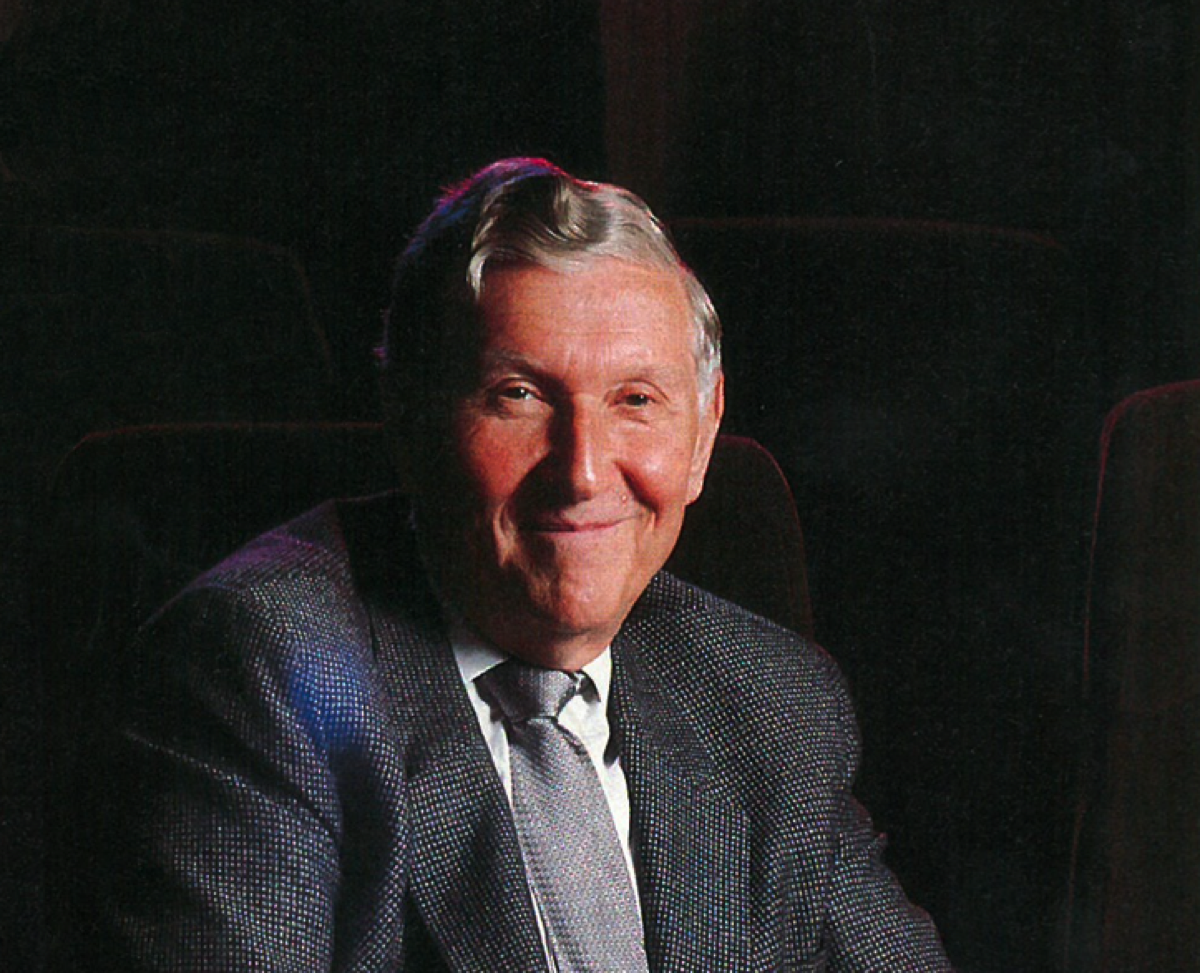Our 1986 Profile of Sumner Redstone Was Eerily Prescient

Photograph by Stu Rosner for “Sumner in the Afternoon”
The Game of Thrones-like legal battle over Sumner Redstone’s $40 billion media empire is underway in Canton. Vying for control of the 93-year-old’s collection of properties—MTV, Comedy Central, Nickelodeon, Paramount studios, CBS broadcast network—are his daughter Shari and the two Viacom executives he removed from the seven-person trust tasked with doling out all his money and power once he dies or is deemed incapacitated.
Redstone grew up poor in a West End tenement destroyed by the Boston Redevelopment Authority’s urban renewal. His father founded Northeast Theater Corporation in Dedham, which later became National Amusements. He said he graduated Boston Latin with the highest academic record in the school’s prestigious history before enrolling at Harvard. After serving in World War II, Redstone returned to Harvard for his law degree. Later in life, he joined the faculty of Boston University’s School of Law, whom he later gave an $18 million gift in 2012. In return, the school named its new 93,000-square-foot complex after him.
For our August 1986 issue, writer Liz Roman Gallese spent two afternoons in his remarkably plain office in National Amusements’ Dedham headquarters, which culminated in “Sumner in the Afternoon,” a profile chock full o’ foreshadowing.
Redstone, then 63, said it didn’t matter how many screens comprised his movie theater empire (360 at the time) or the size of his wealth (Forbes, in their October 1985 issue, placed his net worth at more than $340 million). He simply wished to make his life “more meaningful.”
As recounted in the piece, Redstone nearly died in 1979 during a stay at the Copley Plaza, when the historic hotel caught fire. He was trapped in the blaze for what “seemed like forever,” leaving his right hand badly mangled and devoid a pinky. Shari was the only one he phoned.
Sitting in his big chair, swiveling toward the window and back again, he speaks his postfire thoughts in even tones that suggest both self-satisfaction and a certain impatience. He insists that he has wasted years putting so much energy into business: “I have a sense that I should have done better, that I should have done something more meaningful. When I think of the exciting things in my life, the business is way down the scale.”
Of course, few of his closest associates believed he had changed, and the story smacks of irony, given that Redstone would stage a hostile takeover of Viacom the following year. “He wants to think that his life has changed, but it hasn’t, in my opinion, nor will it,” said A. Alan Friedberg, president of USA Cinemas at the time. Redstone was and continued to be “totally immersed in his business, a relentless, tenacious, able competitor who will fight tooth and nail with all of his resources—mental, physical—to win.”
Redstone bristled at any talk of his wealth, and said Forbes‘ estimate was far too high. In contrast, he relishes the chance to talk about his family.
His disdain for the subject appears to stem from a genuine lack of concern for money per se. It is not really the money that counts; it is the achievement, the gold star, the winning score in “the Game.”
Nor does money buy that other part of life, which Redstone says he finds so satisfying, glancing fondly at the pictures on his desk of his wife, Phyllis Gloria Raphael, his two children, and his five grandchildren. “You cannot, under any circumstances, end this interview without discussing my children and grandchildren,” he says emphatically.
Raphael filed divorce papers in Middlesex Probate Court in 1999, and she reportedly received a $100 million settlement three years later, after 52 years of marriage. Shari Redstone, a Tufts alumna whom he describes as a “very modern woman,” still controls the 20 percent of National Amusements that her father does not.
With all that he has to occupy his mind other than the business, isn’t it time to sell out or retire? No, he wouldn’t ever sell the business. What would he accomplish by doing that? How long does he expect to run the company?
“How long am I going to live?”
You can read Liz Roman Gallese’s “Sumner in the Afternoon,” from our August 1986 issue, below.


